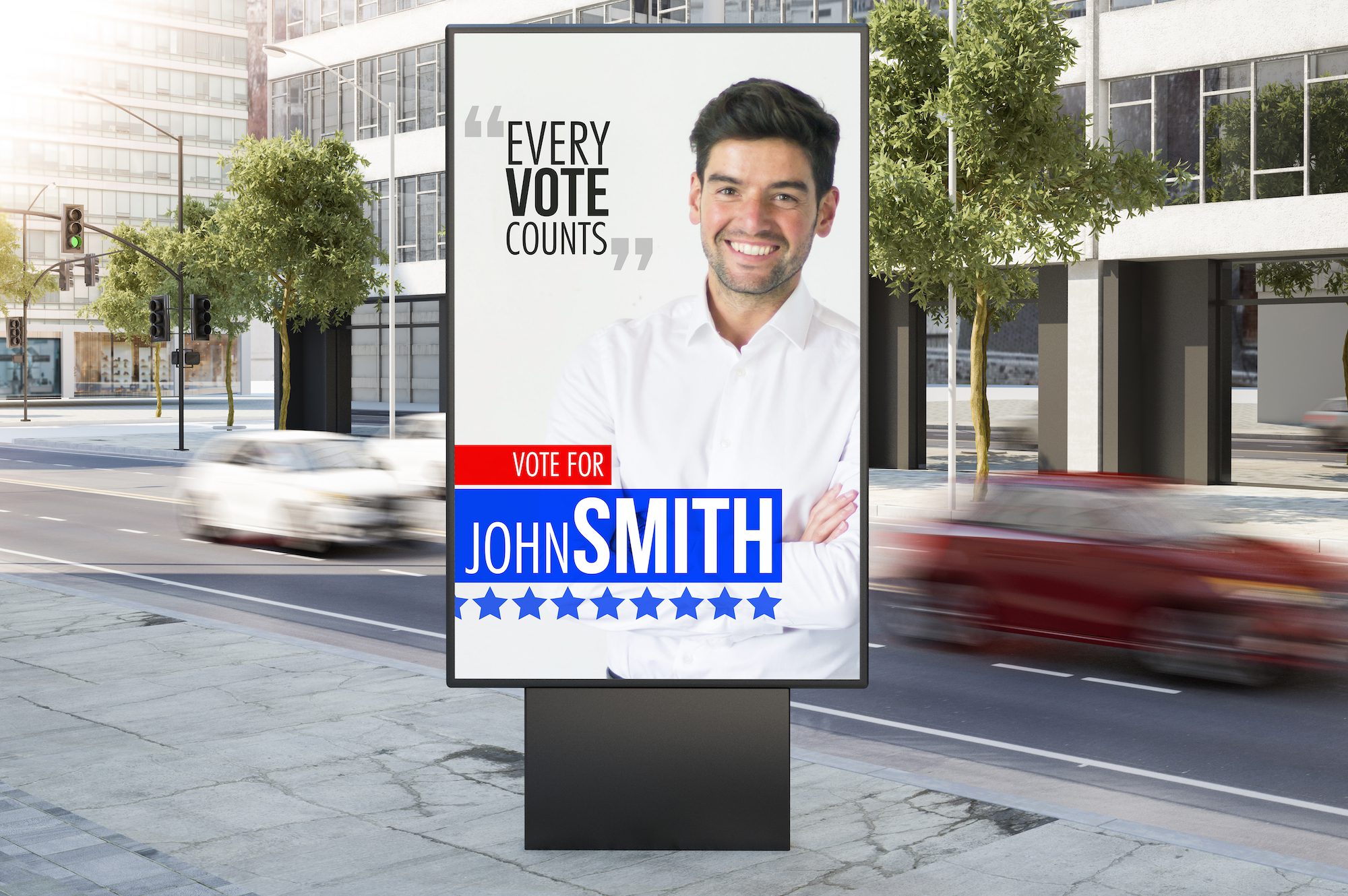Why regulating political solicitations is a good idea and great for your campaign
“We need your help!”
When voting season comes around, it seems none of us are immune to the barrage of political solicitations that accompany it.
Our text and email inboxes are flooded. Drowned, even. They all want one thing: your donation. Capitulate and your reward is an increase in such requests.
That’s because once campaigns or political action committees have your info, it gets passed around…and around…and around.
Never mind that you never signed up to receive these messages. It’s virtually impossible to ever STOP receiving them as many have no unsubscribe feature at all. The ones that do make you jump through so many hoops, sometimes the end result is you inadvertently sign up to receive even more of them.
Worse, these are not honest, well-meaning messages. They are often fraught with misinformation, use divisive language and obscure who’s actually sending them.
Are these political spam ads even effective?
Obviously, the point of any campaign message is to help a particular candidate win.
But these messages often have no regard for the recipient’s political affiliation, promote candidates that the recipient can’t even vote for and make little effort to actually appeal to the recipient on issues of importance to them.
In fact, for all intents and purposes, the would-be voters on the other end of these messages are nothing more than “recipients.” Campaigns often don’t care who they are, so long as they hit that donate button.
Enough is enough. It’s time to regulate political spam.
It’s safe to say that this practice is not a net positive for democracy, civility or even our sanity. And considering all that, is it even effective?
Well, it’s not too different from what we in the digital ad biz lived through in the era of cookies for so long. Sure, it was often ineffective, but it worked sometimes and was dirt cheap, so may as well have it as one of several arrows in the quiver.
Of course, the digital ad biz has changed as all of us adapt to changing privacy, ethics and opt-in requirements imposed by local and national lawmakers. While these lawmakers may not necessarily be incentivized to implement restrictions around how they solicit donations, here’s why they should consider following the same new measures for which they advocate:
- Truly connect with constituents. A spam message can never be personal and will almost always miss the mark. But campaigns targeting real people can leverage dozens of different attributes to create a true connection that may actually move the needle on influence.
- Make it about the issues. Campaigns based on personally identifiable information (PII) can be designed to appeal to voters on specific issues that data tells us is likely to resonate with them.
- Respect goes both ways. Treat voters with respect and they will respect you back. Only reach out to those who have given permission and make it easy to unsubscribe if they would prefer not to receive messages.
- Find other likely supporters. When you know who you’re reaching, and understand how they vote and what issues are important to them, it is easy to find lookalike constituents that your message is also likely to resonate with.
Political databases used to know very little about candidates with info typically boiling down to party affiliation and location. Today, BRIDGE has more than 75 attributes it can assign to voters in our opt-in database of more than 250M people.
As 2024 looms larger than ever, let us know how we can help you reach your next voter.






